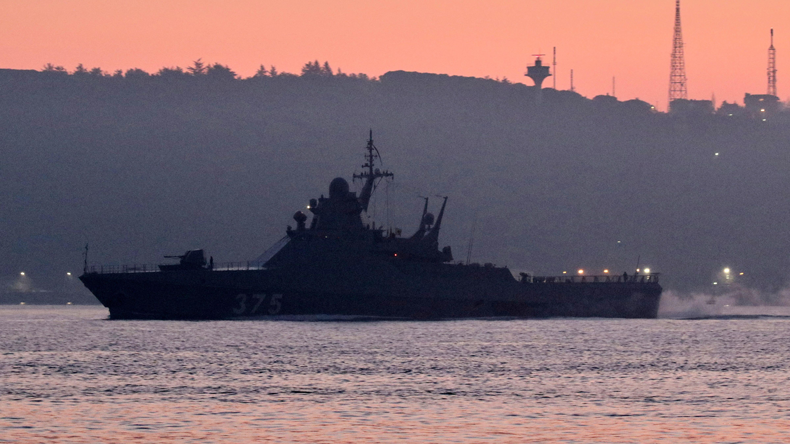Underwriters said to be refusing cover for Ukraine war risks
Additional premiums now running as high as 5% of vessel value for those able to secure cover amid sanctions and mounting violence, with reports MGAs have been told not to offer terms
War risk insurers are said to be getting cold feet over the potential impact of sanctions and are declining to quote on calls at Russian ports in areas affected by fighting.
Some are asking for huge additional premiums where they are willing to write cover at all, according to market sources.
The reaction to the hostilities in Ukraine has left some underwriters uneasy, with one senior figure accusing some in the sector of leaving clients “high and dry” where they already have a ship in the region.
Ukrainian ports remain closed by decree of the country’s maritime authorities in light of the Russian invasion and explicit Russian threats to attack merchant shipping.
There is a wide range of pricing for calls to Russian ports in proximity to the conflict, with additional premiums ranging from the standard 0.25% of hull value to as much as 5%.
At the upper end of that spectrum, the additional premiums might equate to six- or even seven-figure hits for every voyage, depending on the value of the hull.
By way of comparison, additional premiums of 0.8% levied following the seizure of British-registered Stena Impero by Iran’s Revolutionary Guards in 2019 were widely condemned at the time as excessively high.
The latest developments come after the London-based Joint War Committee last month designated Russian and Ukrainian waters in the Black Sea and the Sea of Azov as listed areas, for which additional premiums are charged.
The UK-based Warlike Operations Area Committee has declared a Warlike Operations Area with immediate effect for all Ukrainian, Russian and international waters north of 44°N in the Black Sea.
As a consequence of the decision, shipowners have been asked to give seafarers the option the option to disembark before entering the area or to receive increased pay if they agree to serve and to insure their individual risks.
War risk premiums are negotiated on a voyage-by-voyage basis, with all factors taken into consideration, and can vary widely.
But the death of a seafarer on a Bangladeshi bulker off Odessa last week and the sinking of a Panamanian-flag general cargoship after it was shelled on the same day will inevitably have hardened rates.
One underwriter said he knew of no vessels planning to call in the Ukraine in light of the port closures. “For Russian Black Sea ports – let’s say Novorossiysk and stuff like that – there’s a huge range of rates, from 0.25% to 5.0% or something like that. There’s some sort of market equilibrium around 1%,” he said.
However, the situation is being driven by sanctions more than the cost of insurance.
“It’s a much more tedious process now for operators to check everything. I talked to an owner yesterday, they were going to fulfil the voyages they were on but they were not going to receive any new bookings for that eastern Black Sea area.”
War risk insurance works by charging a low flat rate for worldwide cover excluding listed areas, as determined by the Joint War Committee.
Where ships enter or “breach” these geographical limits, they typically have the option to “buy back cover” by paying additional premiums (known as “breach APs” in sector jargon).
A prominent Lloyd’s market war risks underwriter described the market as being split in several ways.
“Most interesting is the MGA [managing general agent] market has for the most part been told to not offer terms. They have given notice to clients and now will not offer breach APs for their clients to buy back cover,” the underwriter said. “There is also one of the US-owned syndicates that has taken this view.
“My personal view: very wrong to leave your clients high and dry when they have vessels stuck in a high-risk area. Some tonnage was already in the Black Sea before notice was given.”
That said, most underwriters are trying to support existing clients. But where owners have had cover pulled by their existing insurer, brokers are finding it tricky to gather support for breach-only cover, he added.
“The extra dynamic making breach calls complicated is the ever-changing sanctions issue. Each underwriter is checking all parties involved in any Russian call, for obvious reasons.”
This article first appeared in Lloyd’s List, a sister publication of Insurance Day


